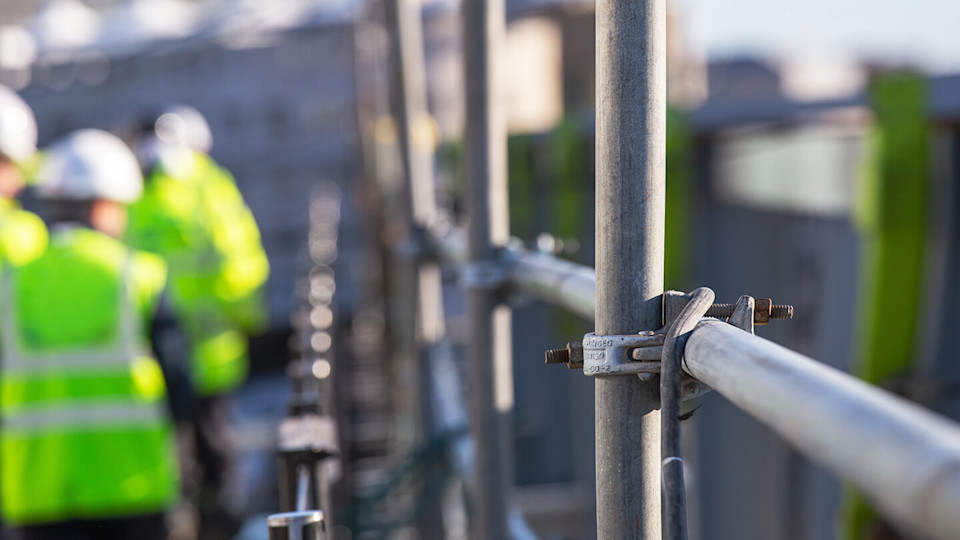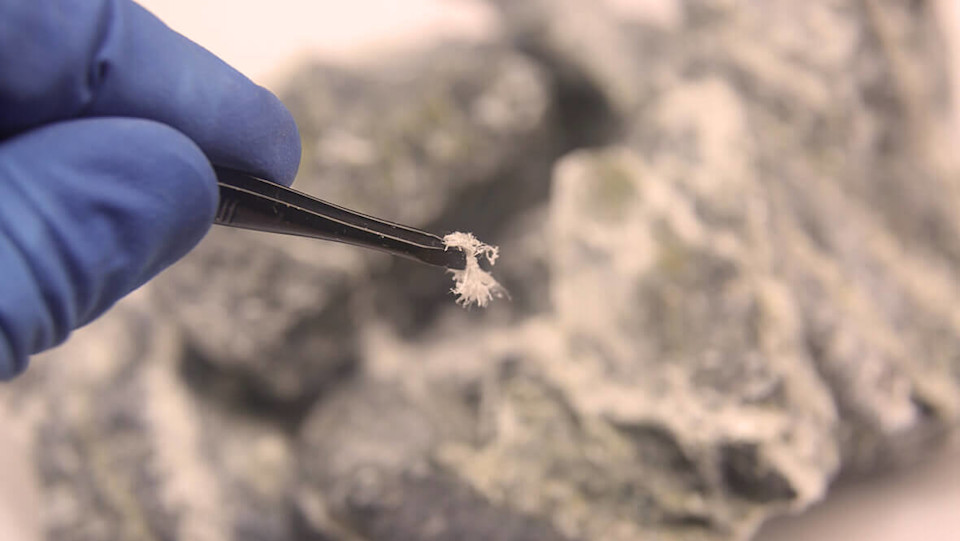
Industrial disease
What occupations are most at risk of industrial lung disease?
Our industrial disease experts explore the issue of industrial lung disease, explaining what they are and which occupations are most at risk in the workplace.
What are industrial lung diseases?
An industrial lung disease is a respiratory condition caused by exposure and inhalation of hazardous materials in the workplace, including some dusts, gases, fibres and fumes. Many of these diseases can lead to serious, long-term lung damage or even life-threatening illnesses like lung cancer.
Silicosis and hypersensitivity pneumonitis are two common examples of industrial diseases that impact lung function. Silicosis is caused by inhaling large amounts of crystalline silica dust and hypersensitivity pneumonitis occurs if your lungs develop an immune response – hypersensitivity – to something you breathe in, such as mould or the shed skin cells from animals with fur, which results in inflammation of the lung tissue.
How common is occupational lung disease?
Occupational lung diseases like silicosis and hypersensitivity pneumonitis can unfortunately be quite common in the UK, particularly in certain industries. The Health and Safety Executive reports an estimated 400,000 working days lost each year as a result of industrial lung diseases, and a staggering 12,000 deaths.
Which occupations are most at risk of industrial related lung diseases?
People who work in the following industries are particularly at risk for silicosis:
- Stone masonry and stone cutting: This is particularly the case when working with sandstone.
- Construction and demolition: This is from being exposed to concrete and paving materials.
- Worktop manufacturing and fitting
- Pottery, ceramics and glass manufacturing
- Mining and quarrying
- Sand blasting
Whilst those who are at larger risk of developing hypersensitivity pneumonitis may work in the following occupations:
- Farmers
- Bird breeders
- Poultry handlers
- Veterinary workers
- Animal handlers
- Grain and flour processors
- Woodworkers and workers in some chemical and electronics industries
What are the symptoms of silicosis and hypersensitivity pneumonitis?
The symptoms of silicosis can take several years to develop, and you may not notice any problems until after you've stopped working with silica dust. Silicosis usually develops after being exposed to silica for 10-20 years, although it can sometimes develop after 5-10 years of exposure. Occasionally, it can occur after only a few months of very heavy exposure.
Symptoms of hypersensitivity pneumonitis can be acute or chronic. Acute symptoms come on within a few hours of being around an allergen and can last a few hours or days. Chronic symptoms can develop slowly and get worse over time. Those symptoms can include tightness of the chest, breathlessness, unexplained weight loss and even a flu-like illness reoccurring during the working week.
How can Slater and Gordon help
By law, every employer has a duty of care to protect employees from suffering harm in the workplace. This includes providing the right precautions for diseases such as hypersensitivity pneumonitis and silicosis. If your employer failed to foresee the harm that could be caused by your occupation, or failed to provide the correct protective gear needed, they could be said to have failed in their duty of care.
The health and safety regulations highlight that all employees are entitled to being kept safe in the workplace.
Hypersensitivity pneumonitis claims and silicosis claims are specialised areas of the law and therefore require solicitors who have extensive experience and understanding of these complex claims.
Our expert industrial disease solicitors understand the impact that a diagnosis such as these can have on victims and their families and aim to be as considerate and supportive as possible throughout the claims process.
Contact us on 0330 041 5869 or online here for more information.



